Know Your Code
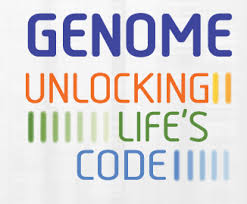 Knowing your genetic code, any of it, in an NSA infiltrated world is a little unsettling. Sure the NSA can read everyone’s email, but knowing that the government has your genetic code fits the premise of too many bad sci fi movies to name. 23AndMe offers a relatively inexpensive way to get a glimpse of your ancestry as well as over 240 bits of info on what your genes say about your health. I did it, like the results though probabilities against a variety of afflictions can be disturbing. The fact that the site has a standard user/pass without even 2-step verification, in my mind, means this info has been shared with the US Government. Even still, it’s worth a look — who knows, the Fed’s may already have it and we’re playing catch-up for all we know.
Knowing your genetic code, any of it, in an NSA infiltrated world is a little unsettling. Sure the NSA can read everyone’s email, but knowing that the government has your genetic code fits the premise of too many bad sci fi movies to name. 23AndMe offers a relatively inexpensive way to get a glimpse of your ancestry as well as over 240 bits of info on what your genes say about your health. I did it, like the results though probabilities against a variety of afflictions can be disturbing. The fact that the site has a standard user/pass without even 2-step verification, in my mind, means this info has been shared with the US Government. Even still, it’s worth a look — who knows, the Fed’s may already have it and we’re playing catch-up for all we know.
Platform @ MIT Media Lab (July 12, 13 & 14)
Time for the inaugural Platform.org Summit with a focus on inclusion within the Innovation Economy. This coming weekend at MIT’s Media Lab. Check the site for speakers. Been working with the talented/diverse Advisory Board helping to make Hank Williams vision a reality.
Java @ Columbia
Hey, how does that work? When referring to the technology that surrounds us the gap between that question and the answer has never been wider. We know how to turn on an iPhone, but beyond that is knowledge that few people can claim. Pictured above: Butler Library at Columbia University.
Active Video
I got a brief view of all the capabilities of Active Video and was impressed. Sure my company, VoyageTV has an Active Video channel on Cablevision (channel 608), but I had never met Active’s CEO Jeff Miller nor had I seen what the capabilities could be.
Content: Good Farms Gone Bad
Google giveth and Google crusheth. One of our VC’s at VoyageTV sent me a note during the week about Google’s changing algorithm. I tend to not always respond to emailed articles during the day, but I tend to always respond to our VC. Google’s move was welcome and search results were shuffled immediately.
BlackWeb2.0
Did a quick Q/A with BlackWeb2.0 founder Angela Benton for my FastCompany Blog. I’ve always thought the site had an interesting and wide perspective of what’s going on, and has an interesting edit focus that’s a cross between tech and culture.
Web 3.0, Hal?
Kevin Kelly is the founding executive editor of Wired Magazine. I don’t remember how I came up on his YouTube presentation about Web 3.0, but aside from the shots of the audience, it’s the most compelling clip I’ve seen on YouTube to date.
Kelly reminds the audience that the World Wide Web, as we know it, is only 5,000 days old, give or take. And the amount of development we’ve witnessed in this period almost defies description, and certainly was not predicted at the outset.
Kelly’s thesis is, in part, that what we are really constructing is one GIANT computer. Each individual laptop represents a node in this newly engineered neural net. His description far exceeds mine and I highly recommend taking the time (some 42 minutres) to watch his presentation. But given his scenario, I’m not sure I am as pleased about it as he is.
We all generally agree that technology has improved our lives, but has it changed what we are as an “us” as well? Has being insulated from nature made us more unnatural? I see two sides to the coin in this technological march. There are tremendous benefits; medical advances that are amazing even if access is uneven, we’ve explored the universe and understand much of it with the brute computational power of these machines. But why do we need one GIANT computer? And why would we be happy about it?
His comment resonated as I had been thinking that Twitter was really one giant conversation, as opposed to many. It’s not even a conversation, but just short flashes of ideas and obervations from around the world, saying not so much individually. Aggregated, however, if all of those tweets were scraped and analyized, what does it tell us? What are the trends? What are “we” thinking. I wonder on Twitter if we would even know if we were talking to a person or a machine.
In any case, it’s something to think about, and perhaps “think” is all we can do as this march barrels ahead in one direction led by no one in particular to who knows where. It’s certainly got me thinking.
Blackbird, the Black Browser?
Have seen some high energy comments about the new “Black” browser, Blackbird. With a Black president it might seem that the ultimate in assimilation has been accomplished, so why now?
I haven’t used the browser, but I don’t think it’s a bad idea. On-line users are grouped by likes, age, and all sorts of demo’s, so if some users feel like they get the best out the Net using a Black browser, fine. Some of the most outspoken people have been Black and see it as some sort of throw-back, or even an insult.
But Black people are not monolithic. Black people are as diverse as any ethnic group, and as mixed racially, and are literally all over the map. If some portion of the folks want to use a Black browser because it speaks to them, and delivers more relevant search returns then it’s a win for Ed Young. But read the comments at TechCrunch and you can see that some have taken the browser as a symbol for something bigger.
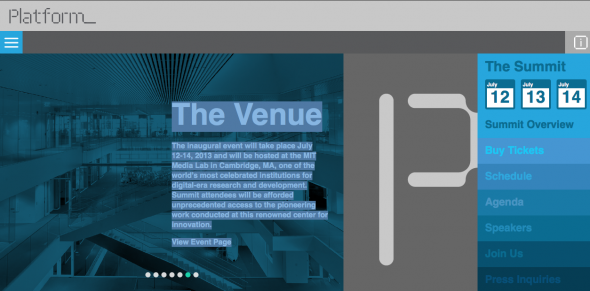

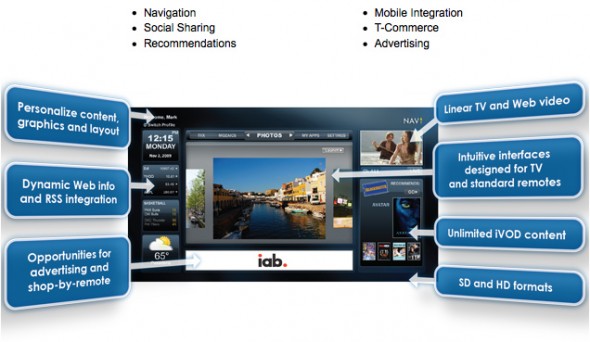

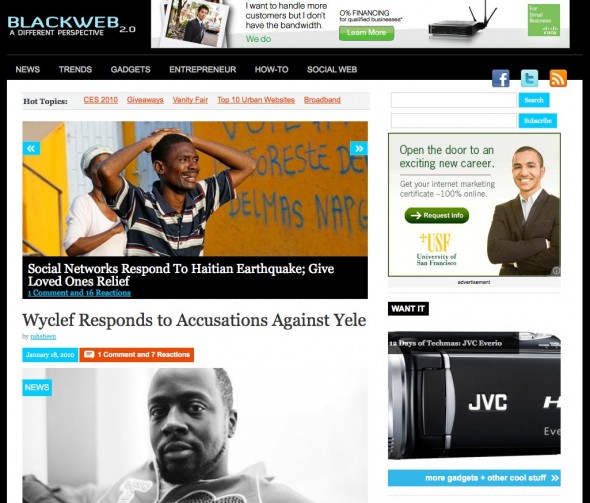
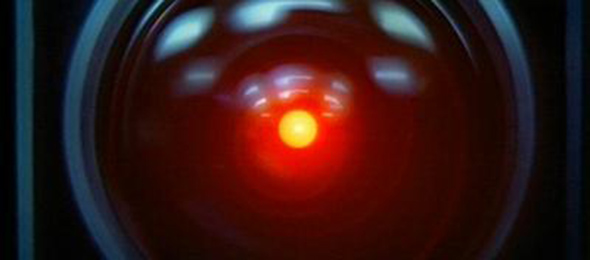
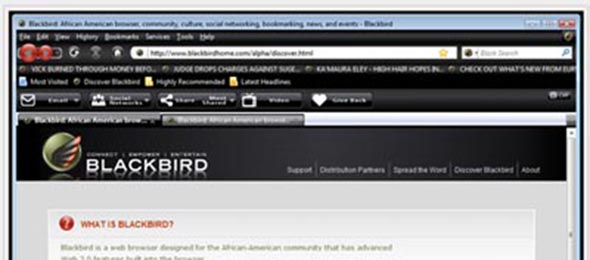
![Reblog this post [with Zemanta]](http://img.zemanta.com/reblog_e.png?x-id=34bca066-9177-4be5-b443-2674616ee7ab)
